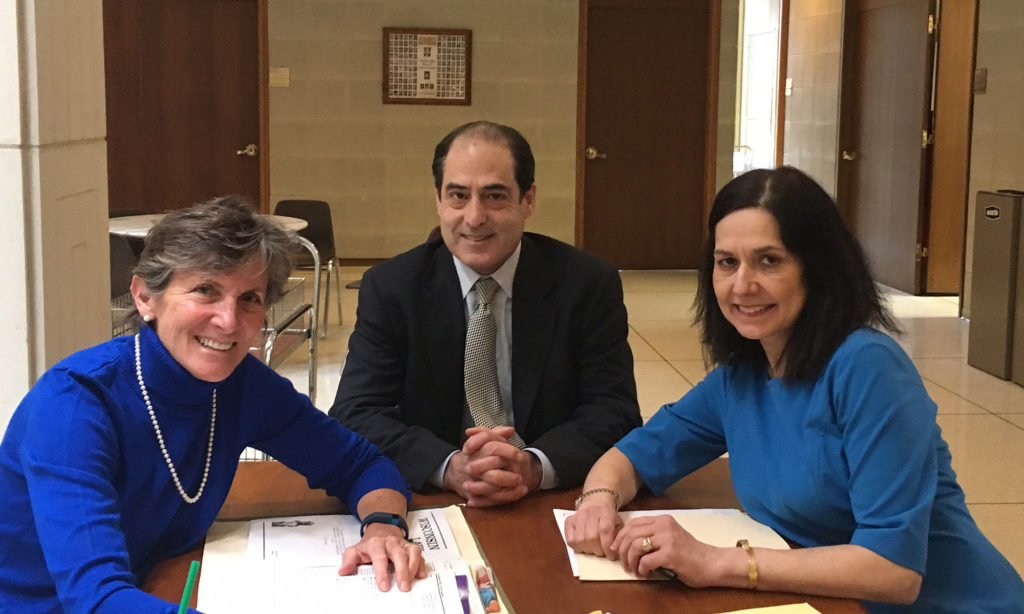A recent blurb in the usually sober National Review of August 24, 2020, provides an incendiary and prejudicial summary of Canada's annual report on Medical Assistance in Dying (MAID) for 2019.
The National Review summarizes its deep dive into the First Annual Report on MAID in Canada, 2019 with the misleading observation that "14% of the 5,631 Canadians killed by doctors last year asked to be lethally injected because of 'Isolation or loneliness." The horror!! Some 788 vulnerable persons, feeling isolated because their ingrates for children forgot to visit them last week, were exterminated by unfeeling, robotic doctors, is the all too troubling take-away of Canada's highly progressive law for End of Life autonomy. The National Review concludes its trenchant analysis with the apocalyptic homily: "The amelioration of suffering is central to civilization, and snuffing out sufferers as an alternative is a sad retreat from it."
And there we have it: millennia of advances in civilized behavior are put at risk by Canada's misguided empowerment of medical executioners who, with nary a by-your-leave, snuff out granny because she's got the blues.
Nothing could be further from the truth, of course. Doctors are not cavalierly "snuffing out" innocent lives; to the contrary, in the purest allegiance to their medical undertaking of alleviating unnecessary suffering and according their patients autonomy, they are acting on the most profound wishes to hasten an otherwise imminent death. The doctors are not killing patients, unless every time a surgeon botches a surgery, we are free to call him too a "killer". The doctors are acting in strict conformity with a law enacted in a representative democracy, in response to the articulated ultimate wishes of those with the most at stake-- their patients. The self-righteousness of National Review's editors notwithstanding, who can stand in so dismissive judgment of the end of life travails of any of us, especially when Canada's law has multiple safeguards to prevent the very trivial decision-making which National Review heartlessly lampoons.
National Review's attempt to mock Canada's MAID Law by citing a colorful statistic that 14% of patients are merely isolated or lonely (and who among us has not felt isolated or lonely at one time or another), is not just misleading, it is dishonest. National Review has culled that statistic from the 2019 annual report's list of multiple reasons explaining why patients opted for MAID. The relevant chart (6.1) identifies 12 rationales for those requesting MAID: obviously patients may identify multiple reasons. Some 82%, for example, cited "Loss of ability to engage in meaningful life activities". 78% also cited "the loss of ability to perform activities of daily living." Over half cited "inadequate control of symptoms" or "Inadequate control of pain" or "Loss of dignity". Clearly each patient had multiple reasons for seeking a way to accelerate an imminent death or intolerable suffering; that 14% cited, among several other reasons, a sense of isolation or loneliness does not even suggest that was the only reason for availing themselves of the MAID law. To the contrary, the data make clear that more than 80% cited the reality that their disease prevented them from engaging in activities which make life meaningful. There is nothing trivial in that declaration.
What National Review has done in its off-hand blurb is to trivialize a very difficult and personal end of life choice, by making it seem that Canada has wantonly allowed miscreant doctors to "off" patients who have nothing more than a case of the blues. Nothing could be further from the truth. The data confirm the opposite of what National Review implied: patients who avail themselves of MAID in Canada are few and far between (less than 2% of all death in Canada); over 80% are over 65; two-thirds were suffering from a terminal cancer; another 20% had respiratory and/or neurological conditions; over 95% either were receiving palliative care or refused it when it was offered; they are carefully vetted by their doctors before proceeding; they are suffering deeply and without hope for improvement; they are turning to their doctors not cavalierly, but after deep reflection.
National Review would like its readers to believe that MAID is the next step in the collapse of Western civilization. To the contrary, the arc of justice bends to the right of every individual to live not just their life as they wish, but to control their end of life without constraints from bigotry and pedantry. National Review's fallacious cherry-picking of data is itself an example of intellectual dishonesty so common among those objecting to MAID.

Edmund Tiryakian
Ed Tiryakian, J.D., MBA, founded Dying Right NC in 2015 and is its Executive Director. He previously worked in international banking in Asia before retiring to his native NC.He believes End of Life issues are one of society’s most pressing challenges as we all live longer and the medicalization of the dying process continues to conflict with the individual’s right to choose his or her end.


